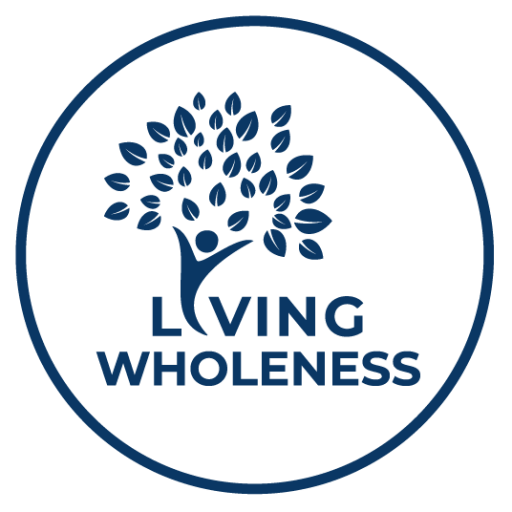Volition Sector of Mind Circle
Volition Sector of Mind Circle
By Claire Wadsworth
Joshua 24:15 – “Choose for yourselves this day whom you will serve… But as for me and my household, we will serve the Lord.”
Every day, we are faced with choices: what to think, how to feel, what to do, and, most importantly, who to follow. At the heart of these choices lies volition—our God-given ability to choose. While it is a divine gift, volition can either lead us toward God’s purposes or away from them, or in CWF terms : God-centred on the right side of the square or Self-centred on the left side.
Volition, simply put, is the capacity to will, to decide, to intend, and to act. From the beginning, God created humans in His image (Genesis 1:27), which includes the capacity to choose. This distinguishes us from the rest of creation. We are not mere automatons; we are relational beings with the power to engage with God in love, which always requires choice. However, the fall in Genesis 3 corrupted this capacity. Humanity began choosing independence from God, and the consequences were devastating. Yet in His grace, God has never removed our volitional capacity. Instead, He invites us into redemption, a restoration of our ability to choose to come back to the foot of the cross and realign ourselves with His will.
In Galatians 5:16, Paul encourages us, “Walk by the Spirit, and you will not gratify the desires of the flesh.” Walking implies continuous volitional action, it is not passive. The Spirit empowers, but we still must choose. The Spirit Circle is where our deepest identity in Christ is found. When our will is aligned with our new identity, as beloved children of God, our choices begin to reflect His purposes. We are no longer driven by the chaos of sin but led by the peace of Christ. This is not about perfection (Praise God for that!!), but it is about alignment and submission. Romans 12:1-2 urges us to “offer your bodies as a living sacrifice” and “be transformed by the renewing of your mind.” Such transformation requires ongoing volitional surrender. But, our volition is under constant pressure, from within and without. The enemy, the world, and our own sinful nature all seek to distort or overwhelm our capacity to choose rightly. In many cultures, people live under external coercion, whether political, familial, or spiritual. Others suffer internal bondage, such as fear, trauma, guilt, and confusion. These can make healthy volitional action seem impossible. Yet, we have a God who sees and meets us there. Jesus stood before a man at the pool of Bethesda and asked, “Do you want to be well?” (John 5:6). This question pierces through layers of helplessness. It reveals that volition, however fragile, still exists. And with Christ, even the smallest “yes” becomes powerful.
This month I encourage us all to think, “How can I steward my volition well within the framework?” It may be by :
Inviting the Holy Spirit to lead : Begin each day by inviting the Holy Spirit to guide your choices. “Lord, today, I choose You. Help me surrender my will to Yours.”
By cultivating our heart : Notice what you feel. Anger, fear, joy, sadness, these emotions are windows into your values and can either lead to or hinder godly choices.
By renewing our mind : Feed your mind with Scripture and truth. What you believe affects what you choose. Replace lies with the truth of God’s Word.
By honouring our body : Our physical circleimpacts volition. Rest, nutrition, and rhythm helps us remain spiritually and emotionally resilient. Any change is often slow, therefore celebrate small victories, such as when you forgive someone or succeed in turning off the screen to pray and in choosing kindness over revenge.
I am curious as to which area /circle you find it most difficult to steward? Ask God to help you in those areas and seek to find growth in it.
Choosing God is not a one-time decision, but rather a daily “yes” to grace, truth, obedience, and love. It is a lifelong journey of aligning our will with the will of God. Just as Joshua declared, so we too must declare: “As for me and my house, we will serve the Lord.” (Joshua 24:15)
Let your volition not be anchored on left-sided self-effort, but in the right-sided all empowering grace of Christ. Making it not a burdensome task, but a joyful gift. I pray we all find this joy in volition this month as we “press on towards the goal.”
Volition Sector of Mind Circle Read More »



